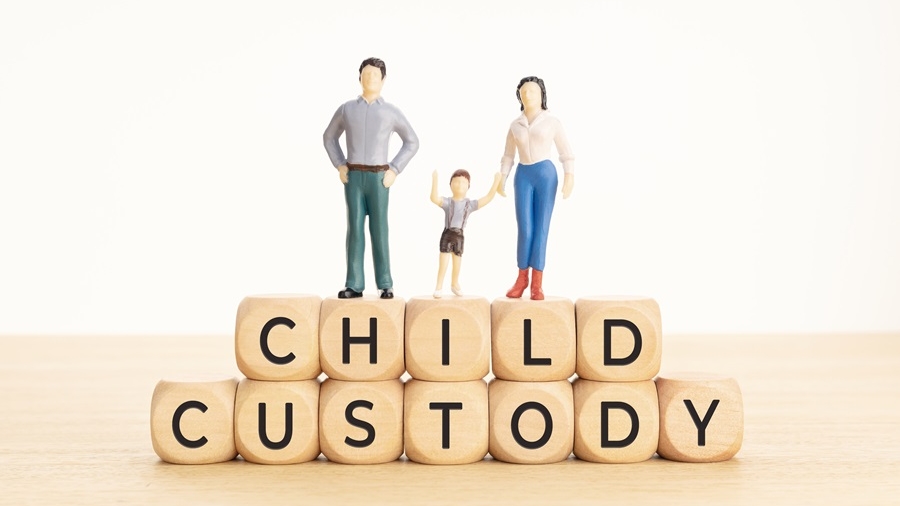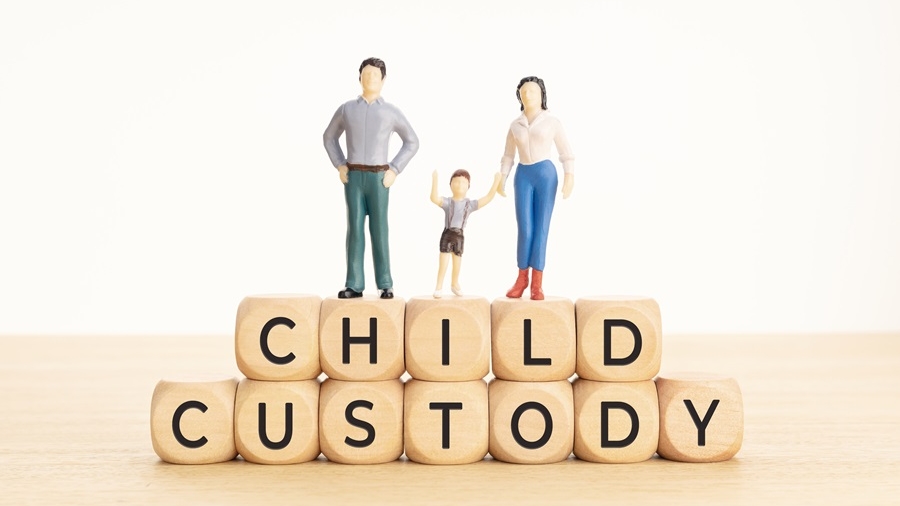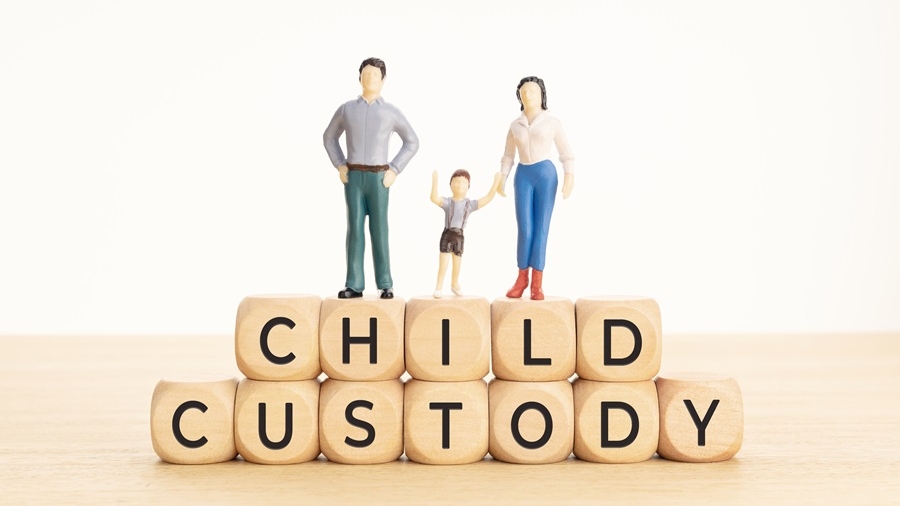Child Visitation in Claremont, CA
A child used to living with two parents may suffer significantly if their parents get a divorce. Assuming both parents can give the kids a safe atmosphere while they are together, it is crucial for kids to know both of their parents and to maintain a relationship with them.
According to California law, the non-custodial parent should be permitted frequent and ongoing contact with the children of a divorced or unmarried marriage. The only exception will be in divorce cases where allowing visitation with the non-custodial parent would be damaging or contrary to the child’s best interests. The non-custodial parent is entitled to negotiable visitation unless there is a compelling basis to reject it. Contact an experienced child visitation lawyer with any legal questions or concerns.
Are you facing a dispute over appropriate visitation time? The Law Office of Stephen Gassner in Claremont, CA, will assist in negotiating a solution outside of court or make a solid argument for a judge.
Want to Learn More About Your Visitation Rights?
Contact the Law Office of Stephen Gassner
Types of Visitation Orders
When parents separate or get divorced, they usually devise a schedule for sharing time with their kids. This schedule is known as visitation, often known as time-sharing. Visitation rights are granted to parents with their children less than half the time. Various considerations influence the visitation orders, including the children’s best interests and the parent’s condition. Below are some common types of visitation orders:

Reasonable Visitation
The court has the discretion to extend reasonable visitation. Essentially, it gives parents the freedom to design their visitation plans. Judges are more likely to grant reasonable visitation when two parents get along and are concerned with what is best for their children. It suggests that the parents are prepared to negotiate the specifics of visitation with one another and without the court’s involvement.
Reasonable visitation may continue to function indefinitely or deteriorate with time. For example, a judge may impose planned visitation if parents start engaging in more significant conflict that needs the court’s help.
Visitation
When a court grants physical custody to one parent, a visitation schedule is put in place to ensure that the non-custodial parent can spend enough time with their child. A shared calendar can be used to outline the schedule, which might include alternating weekends with overnight stays, separating holidays and school breaks, and planning extended summer visits.
As part of visitation arrangements, details such as pick-up and drop-off locations, hours, and an agreement on parental transportation responsibilities are included. The court will only approve a visitation schedule that is in the best interests of the child and benefits both parents. It is important to consider the child’s well-being when making these arrangements.
Supervised Visitation
At times, the court may require the presence of a monitoring adult or a trained agency when a child visits their non-custodial parent. This can happen when the child’s safety and well-being are at risk. Supervised visitation is often used to give the child and parent an opportunity to reconnect and feel comfortable around each other if they haven’t seen each other in a while. It is only necessary when the non-custodial parent has a history of violence or abusive behavior. In such cases, the court can order monitored parenting time.
In some cases, a court may appoint a visiting supervisor for a family and require that a parent visit the child in a location approved by the court rather than at their own home. The court may also impose supervised visitation with or without additional restrictions, depending on the situation. For example, if a parent has a history of substance abuse, the court may order them to attend meetings or outpatient treatment before allowing unsupervised access to the child. In severe cases, the court may determine that it is in the child’s best interest to have no contact with a violent parent.
No Visitation
If contact with a parent causes physical or emotional harm to the child, the court may impose restrictions on visitation. Both domestic violence and child abuse fall under this.
In circumstances where it is determined that visitation with one of their parents poses a risk to the safety of the child, the court has the authority to prevent such visitation from occurring. This measure is taken to ensure the well-being and security of the child and may involve the imposition of restrictions on the parent’s access to the child.

Virtual Visitation
Innovative parent-child visitation schedules are now possible thanks to modern technological breakthroughs. Parents and kids can chat via a camera, video phone, or computer software during virtual visitation. Virtual visitation is valuable for parents and kids who are no longer nearby or whose work or school schedules make regular visitation difficult.
Although issues and legal issues with this kind of visitation have yet to surface fully, it is one of the tools available to create family ties, even in cases where a parent is not physically present.
Frequently Asked Questions
What Rights Does a Father in California Have to See His Child?
If you are a presumed parent, you are entitled to custody of your kid, visitation with your child, and reunification services, which help you get your child back into your care. When deciding where your child should stay, the social worker will also consider your relatives.
In California, Can a Mother Keep Her Child Away from the Father?
Unless a court order specifies otherwise, a parent cannot prevent a child from visiting the other parent.
What Happens if You Don't Follow a Court Order for Visitation in California?
When a parent fails to comply with court orders, the court can issue orders mandating compliance or imposing penalties. These penalties may include jail time, particularly when noncompliance is severe or persistent. All parties involved in court proceedings must understand and adhere to court orders to prioritize and protect the children’s best interests.
What Happens if You Don't Follow a Court Order for Visitation in California?
When a parent fails to comply with court orders, the court can issue orders mandating compliance or imposing penalties. These penalties may include jail time, particularly when noncompliance is severe or persistent. All parties involved in court proceedings must understand and adhere to court orders to prioritize and protect the children’s best interests.

Experienced Legal Representation for Child Visitation Disputes in Claremont, CA
Child custody is a challenging case to manage. But the people of California have a trusted lawyer for child custody: Stephen Gassner. The Law Office of Stephen Gassner has more than two decades of experience in the legal world and is committed to protecting your legal rights.
The Law Office of Stephen Gassner also offers legal services on Divorce, Paternity, Child Support, Spousal Support, Property Division, and International matters.
Law Office of Stephen Gassner
324 N Mountain Ave, Upland, CA 91786, United States
(909) 937-7000

Mr. Gassner is a Certified Family Law Specialist, certified by the California State Bar Board of Legal Specialization. He is also a member of the Association of Certified Family Law Specialists and a member of the California Lawyers Association Family Law Section.














